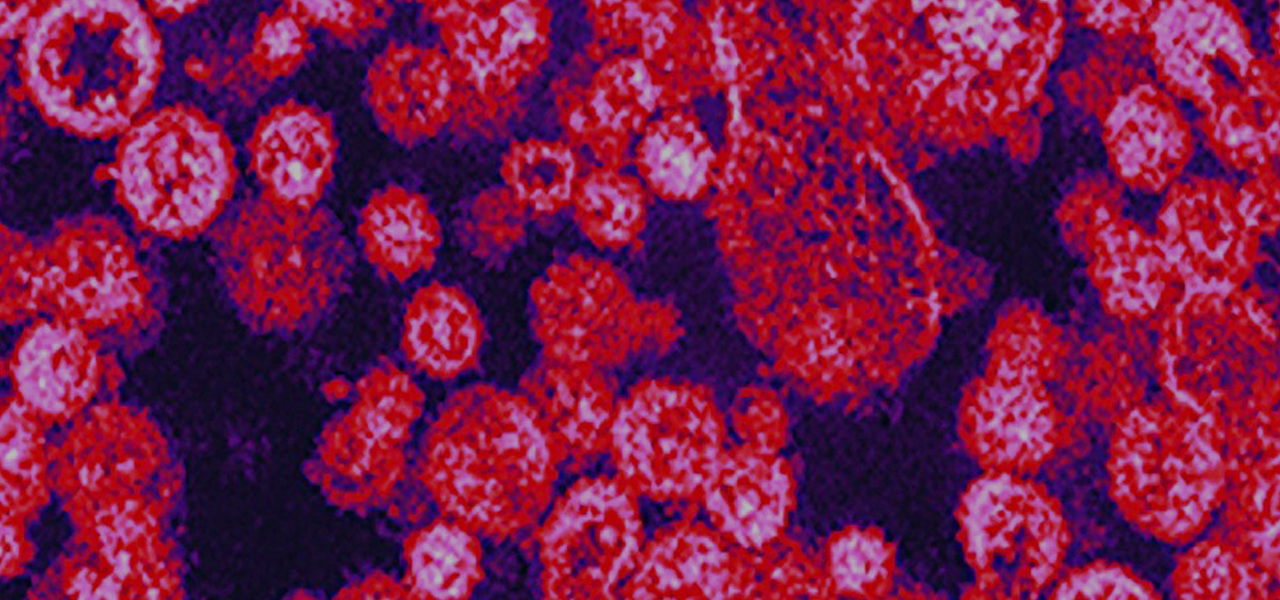Public Health Alert: What you need to know about Lassa Fever

WHAT IS LASSA FEVER?
Lassa Fever is an acute viral haemorrhagic illness caused by infection with the Lassa virus. The Lassa virus is transmitted to humans through contact with food or household items contaminated with urine and droppings (faeces) of a type of rat. Lassa fever is a zoonotic disease, meaning that humans become infected from contact with infected animals (rodents). Lassa fever is known to be endemic in Ghana, Benin, Nigeria, Sierra Leone, Guinea, Liberia and Mali.
HOW IS LASSA FEVER TRANSMITTED?
People can become infected with the virus that causes Lassa Fever through:
- Contact with the urine or faeces of an infected rat.
- Inhaling tiny particles in the air contaminated with urine or faeces of infected rat.
- Touching contaminated objects.
- Eating contaminated food
- Contact with open cuts or sores that are infected.
WHAT ARE THE SIGNS AND SYMPTOMS OF LASSA FEVER?
Signs and symptoms of Lassa Fever appear typically after 6-21 days when a person is infected. Signs and symptoms include:
- Fever, headache, feeling weak and tired, sore throat, chest pains, muscle pains, nausea, vomiting, diarrhoea, cough, and abdominal pain. In several cases, facial swelling, bleeding from the nose, mouth, vagina or gastrointestinal tract and low blood pressure may develop.
HOW CAN LASSA FEVER BE PREVENETED?
Lassa fever can be prevented by:
- Avoiding contact with rats, storing food in rodent-proof containers, maintaining clean households, disposing of garbage far from the home, avoiding contact with blood and body fluids when caring for sick persons, handwashing with soap under running water, and application of standard infection prevention and control measures in healthcare settings.
- Please report IMMEDIATELY to the hospital should you have any of the above-mentioned symptoms and alert health authorities within and outside the university.
PREPARED BY SCHOOL OF PUBLIC HEALTH, KNUST. MATERIALS WERE PICKED FROM WHO & CDC. Contact the School of Public Health for further information. TEL: 0322060293